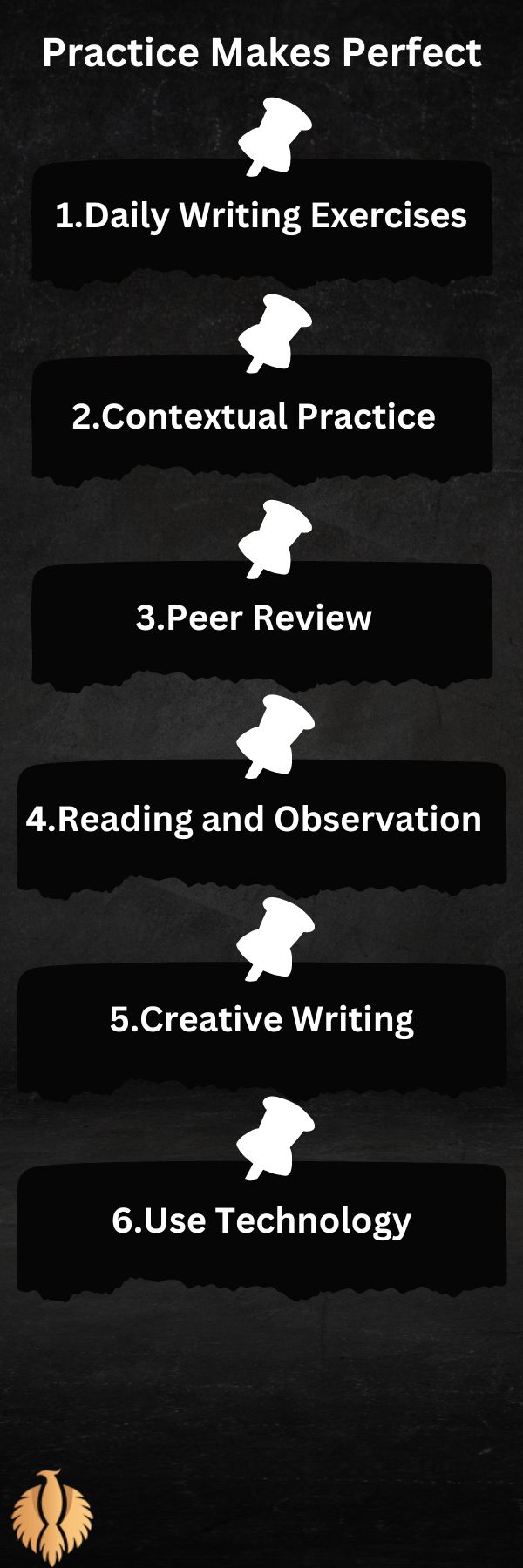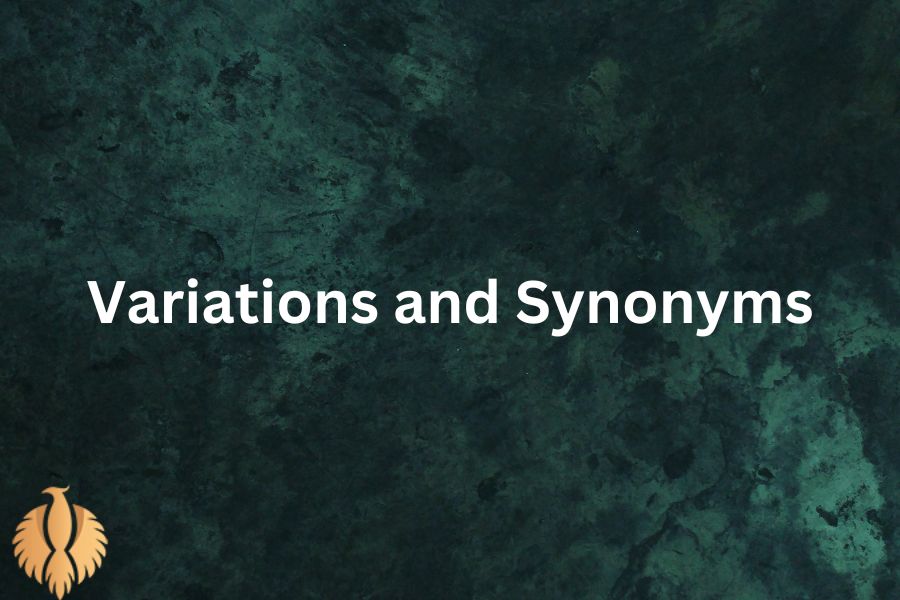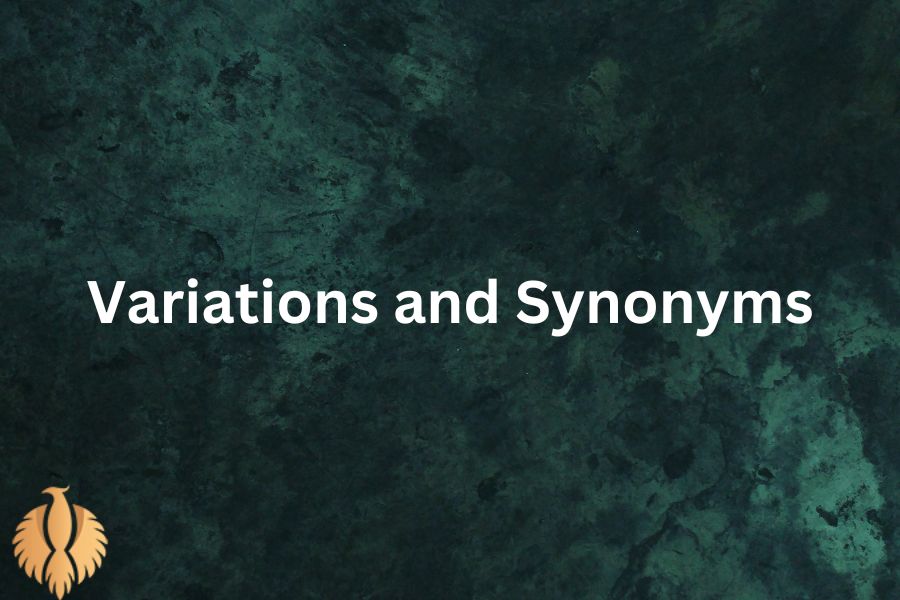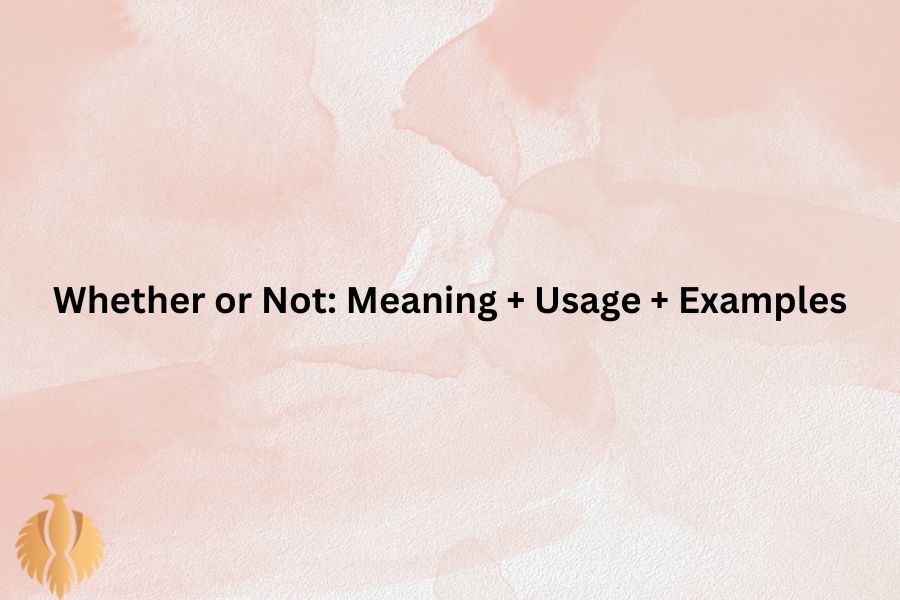Introduction
Do you ever question whether or not the phrase “whether or not” is appropriate? Although it’s a common phrase in English, using it correctly can occasionally be difficult.
Understanding its proper use is crucial for clear and effective communication, as it can help eliminate ambiguity and enhance the precision of your writing.
This mastery is especially useful for students, professionals, and anyone keen on improving their English language skills.
Let’s explore its definition, application, and several instances to aid in your mastery. Understanding its proper use is crucial for clear and effective communication, as it can help eliminate ambiguity and enhance the precision of your writing.
This mastery is especially useful for students, professionals, and anyone keen on improving their English language skills.
You might also enjoy: Top 100 Commonly Used Verbs That Start With A [2024]
Meaning of “Whether or Not”
“Whether or not” is a term used to present an option or possibility. It implies that something will occur regardless of the circumstances or environment. It basically implies “no matter if” or “regardless of whether.”
For example:
- “Shakira will go to Mitte’s party whether or not it rains.” ️ ️
This means that the speaker will go to the party regardless of the weather conditions.
You Might Also Enjoy: Cancelled or Canceled; Spelling; Examples [2025]
Usage of “Whether or Not”

“Whether or not” is a common way to present two alternatives or options in conditional statements. It can be used for several purposes, including making decisions, communicating uncertainty, and emphasizing that an activity will go no matter what.
Here are some common ways to use “whether or not”:
- Making Decisions
“Whether or not” can be used in decision-making to indicate that a choice will be taken regardless of specific considerations.
- “I will buy the car whether or not it is on sale.”
This means the speaker has decided to buy the car regardless of its sale status
- Expressing Uncertainty
“Whether or not” can also be used to express uncertainty about a situation or outcome.
- “I don’t know whether or not she will come to the meeting.”
This indicates that the speaker is unsure about the person’s attendance.
- Emphasizing Determination
The phrase can emphasize that an action will be taken regardless of any obstacles or conditions.
- “He will finish the project whether or not he gets help.”
This shows the speaker’s determination to complete the project regardless of assistance.
Examples of “Whether or Not” in Sentences
Here comes some examples to see how “whether or not” is used in different texts:
1.Personal Decisions
- “I will travel to Japan whether or not my friends join me.”
- “She plans to start her own business whether or not she gets a loan.”
2.Work and Projects
- “We will launch the new product whether or not the market conditions are favorable.”
- “The new university team will complete the chemistry project on time whether or not they face some difficulties.”
3.Daily Life
- “I will go for a run whether or not it is raining.”
- “He will cook dinner tonight whether or not he feels tired.”
4.Uncertainty and Doubt
- “Max is not sure whether or not the jury will accept our proposal.”
- “Ali doesn’t know whether or not he should take the job offer.”
You might also enjoy: Top 30 Gambling Phrases and Idioms In 2024
Personal Anecdote
I remember when I first learned about the phrase “whether or not.” I was writing an essay for school and wanted to express that I would complete my homework regardless of any distractions.
My teacher explained how to use “whether or not” correctly, and it made my sentence much clearer. Since then, I’ve found it to be a useful phrase in both writing and speaking.
Practice Makes Perfect

The more you practice with “whether or not,” the more it will feel like second nature. Here are some practical tips and exercises to help you reinforce your understanding and usage of this phrase:
- Daily Writing Exercises
Include “whether or not” in your writing exercises every day. Every day, set aside some time to write sentences or brief paragraphs that make use of the term. You’ll get more accustomed to using it correctly and confident with continued practice.
Example Exercise:
- Write five sentences each morning using “whether or not.” For instance:
- “I will go for a walk whether or not it is sunny.” ☀️
- “She will attend the meeting whether or not she has finished her report.”
- “He will cook dinner tonight whether or not he feels tired.”
- Contextual Practice
To show how “whether or not” fits into different circumstances, try using it in a variety of contexts. This will increase your comprehension of its adaptability and your capacity to employ it effectively in various contexts.
Example Contexts:
- Personal Decisions: “I will travel to Japan whether or not my friends join me.”
- Work and Projects: “We will proceed with the plan whether or not we receive approval.”
- Daily Life: “I will exercise every day whether or not I feel motivated.”
- Uncertainty and Doubt: “I am not sure whether or not they will accept our proposal.”
- Peer Review
Give your sentences or paragraphs to a friend, relative, or coworker and solicit their opinion. They can help you identify mistakes and make improvements suggestions.
This cooperative method might broaden your horizons and improve your educational experience.
Example:
- Craft a brief narrative or article incorporating the phrase “regardless of whether” on several occasions. Share it with a peer and ask them to review it for clarity and correctness.
You might also enjoy: Paid Vs Payed : Differences + Examples [My 2024 Teaching Way]
- Reading and Observation
Examine various literary works such as books and articles to see the various uses of “whether or not” by different writers. Take note of the sentences’ structure and context. Your internalization of the proper usage will be aided by this exposure, which will also motivate you to use the term more skillfully in your work. ✍️
Example:
- Keep a journal of sentences or phrases that use “whether or not” from your reading materials. Reflect on how each example is used and try to create similar sentences on your own.
- Creative Writing
Try experimenting with “whether or not” in different situations by writing creatively. This can be a creative and entertaining approach to practice and solidify your knowledge.
Example Exercise:
- Write a short story or dialogue between characters using “whether or not” to express their decisions, uncertainties, and determinations. For instance:
- Character A: “I will go to Rihanna’s concert whether or not you come with me.”
- Character B: “I haven’t decided whether or not I want to go yet.”
- Character A: “Well, I’m going whether or not you make up your mind.”
- Use Technology
Utilize technology to support your work. Utilize internet tools, grammar checkers, and writing applications to get immediate feedback on how you use “whether or not.”
Example:
- Use a writing app like Grammarly to check your sentences for correctness and receive suggestions for improvement. This can help you refine your usage and learn from any mistakes.
You might also enjoy:Which of the Following: Definition + Complete Usage + Grammar
Detailed Exploration of “Whether or Not”
Historical Background ️
The phrase “whether or not” has its roots in Old English. The word “whether” comes from the Old English “hwæther,” which means “which of two.”2️⃣
Over time, it evolved to introduce alternatives or possibilities. The addition of “or not” emphasizes that the outcome or action will occur regardless of the conditions.
Grammatical Structure
“Whether or not” is a subordinating conjunction, which means it introduces a subordinate clause. This clause provides additional information to the main clause. For example:
- “I will attend the meeting whether or not I have finished my report.”
In this sentence, “whether or not I have finished my report” is the subordinate clause that provides context to the main clause “I will attend the meeting.”
Variations and Synonyms

While “whether or not” is a common phrase, there are variations and synonyms that can be used interchangeably in some contexts. These include:
- “Regardless of whether”
- “No matter if”
- “Even if”
- “Irrespective of whether”
For example:
- “She will succeed no matter if she faces challenges.”
Common Mistakes
One common mistake is using “if” instead of “whether” in contexts where “whether or not” is more appropriate. “If” is used for conditional statements, while “whether” introduces alternatives or possibilities. For example:
- Incorrect: “I don’t know if she will come to the meeting.”
- Correct: “I don’t know whether or not she will come to the meeting.”
You might also enjoy:To Bad Or Too Bad – Correct Grammar + Examples [2024]
Advanced Examples
To further illustrate the usage of “whether or not,” let’s look at some advanced examples in different contexts:
- Academic Writing
- “The study aims to determine whether or not the new treatment is effective in reducing symptoms.”
- Business Communication
- “The company will proceed with the merger whether or not the shareholders approve.”
- “We need to finalize the budget whether or not we receive additional funding.”
- Legal Context
- “The court will hear Johnny’s case whether or not Amilia appears.”
- Creative Writing
- “She decided to follow her dreams whether or not anyone supported her.”
You might also enjoy: Canceled or Cancelled: Grammar + Examples + Usage [2025]
Practical Tips for Using “Whether or Not”

- Identify the Context
Determine the context in which you want to use “whether or not.” Is it to make a decision, express uncertainty, or emphasize determination? Knowing the context will enable you to use the expression accurately.
- Practice with Examples
Write sentences or short paragraphs using “whether or not” in different contexts. This practice will reinforce your understanding and help you use the phrase naturally.
- Read and Observe
Read books, articles, and other written materials to see how “whether or not” is used by different authors. Pay attention to the context and structure of the sentences.
- Use Synonyms
Experiment with synonyms and variations of “whether or not” to expand your vocabulary and improve your writing skills. For example, try using “regardless of whether” or “no matter if” in your sentences.
- Seek Feedback
Share your writing with others and ask for feedback on your usage of “whether or not.” Constructive feedback can help you identify areas for improvement and build confidence in your writing. ✍️
You might also enjoy:Boys’ or Boy’s– Which One is Correct? + Example
Advanced Examples in Legal Contexts
- Contract Law
- Example: “The contract shall remain in effect whether or not the parties agree to the proposed amendments.”
- Explanation: This sentence indicates that the contract will continue to be valid regardless of whether the parties agree to any changes.
- Example: “The tenant is responsible for paying rent whether or not the landlord completes the repairs.”
- Explanation: This clause specifies that the tenant’s obligation to pay rent is not contingent on the landlord completing repairs.
- Court Proceedings
- Example: “Judge Smith will proceed with the trial whether or not the prisoner is present.” ⚖️
- Explanation: This statement means that the trial will go on regardless of the defendant’s presence, emphasizing the court’s commitment to moving forward.
- Example: “The judge will issue a ruling whether or not additional evidence is submitted.” ⚖️
- Explanation: This indicates that the judge will make a decision regardless of whether new evidence is presented.
- Legal Obligations
- Example: “Mrs. Alavi is entitled to severance pay whether or not they sign the release agreement.”
- Explanation: This clause ensures that the employee will receive severance pay regardless of whether they agree to the release terms.
- Insurance Policies

- Example: “The insurance policy in Moalem Company covers damages whether or not the policyholder is at fault.” ☹️
- Explanation: This indicates that the insurance will cover damages regardless of the policyholder’s responsibility for the incident.
- Property Law
- Example: “The property owner is liable for injuries on the premises whether or not they were aware of the hazard.”
- Explanation: This statement means that the owner is responsible for any injuries that occur on their property, regardless of their knowledge of the danger. ⚠️
- Example: “The easement remains valid whether or not the property changes ownership.”
- Explanation: This indicates that the easement (a right to use the property) continues to be in effect regardless of any changes in property ownership.
- Employment Law
- Example: “The employer must provide a safe working environment whether or not the employee reports safety concerns.”
- Explanation: This clause emphasizes that the employer’s obligation to ensure a safe workplace is not dependent on employee complaints.
- Example: “The employee is entitled to overtime pay whether or not they have received prior approval for the extra hours.”
- Explanation: This indicates that the employee must be paid for overtime work regardless of whether they had prior authorization.
- Family Law
- Example: “The parent must pay child support whether or not they have visitation rights.”
- Explanation: This statement means that the obligation to pay child support is independent of the parent’s visitation privileges.
You might also enjoy:Too Cute Meaning Vs To Cute (To Vs Too) + Examples
Conclusion
In conclusion, “whether or not” is a versatile phrase that can be used to introduce choices, express uncertainty, or emphasize determination.
By understanding its meaning, grammatical structure, and variations, you can confidently incorporate it into your writing and speaking. Practice using the phrase in different contexts, read widely, and seek feedback to improve your skills.
So, next time you need to express that something will happen regardless of the conditions, you’ll know exactly how to use “whether or not”! ♀️

Hi, welcome to my blog! My name is Omid and I am thrilled to have you here! I am an English language teacher with 12 years of experience and hold multiple international certifications (TESOL, IELTS, TOEFL, PTE, CELTA). Additionally, I hold a PhD in Applied Linguistics with a specialization in Teaching English as a Second Language (TESL), which fuels my passion for teaching English and assisting others in mastering the language. To me, nothing is more rewarding than helping individuals enhance their English language abilities through various methods. So, let’s embark on this journey of learning English together.




